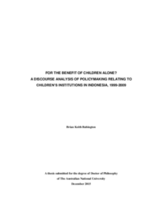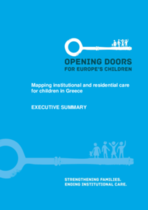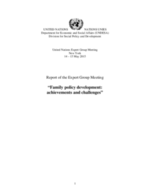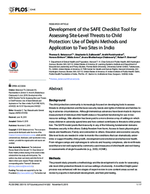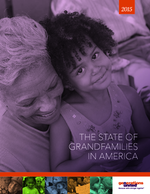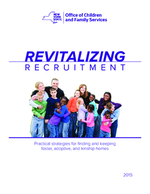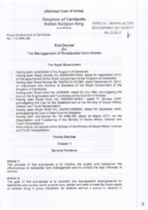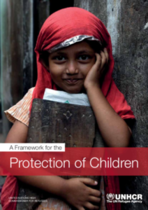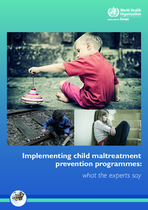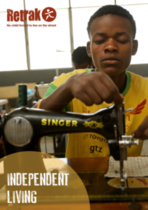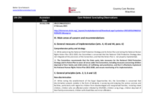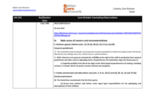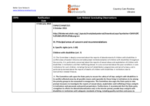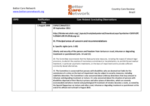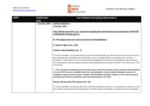For the Benefit of Children Alone? A Discourse Analysis of Policymaking Relating to Children's Institutions in Indonesia, 1999-2009
This thesis by Brian Babington, submitted for the degree of Doctor of Philosophy of The Australian National University, uses a discourse analysis methodology to shed light on deinstitutionalisation policymaking in Indonesia. In examining the factors that led Indonesia to adopt a policy to reduce reliance on the panti asuhan type of children's institution, the dissertation reveals that Indonesia appears to have adopted this policy change not primarily as a result of concern for children's rights, but rather because of political, economic, cultural, and religious factors. It also explores how the policy shift attempted to appease both pro-reform and pro-panti asuhan groups.

